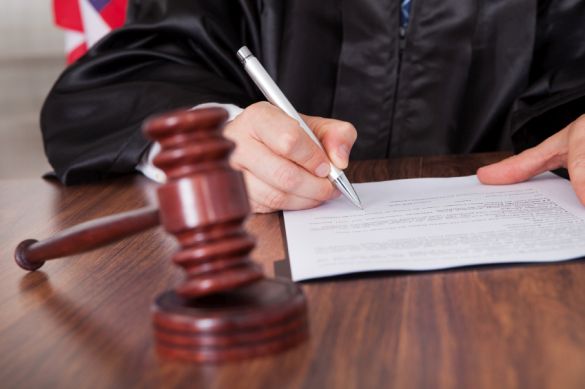How to Avoid Getting Sued for Your Blog

Words can never hurt you, but it can cost you a fortune.
Ask Roy Ngerng, a Singaporean blogger who is being sued by the country’s PM Lee Hsien Loong for defamation. In May of last year, Ngerng accused PM Lee in this blog of mismanaging a federal social security fund for the elderly without proof.
Lawyers of PM Lee filed a defamation suit against Ngerng, who took down the incriminating posts and issued an apology. But the lawyer rejected the gesture and pursued the case in the amount of S$5,000.
As the words turn
Ngerng posted last week that Lee Hsien Loong is not entitled to sue him as Singaporean PM. The post contained the scanned document of the blogger’s application to overturn the summary judgment for his case.
The document also reveals the National Registration Identity Card of PM Lee. This can be perceived as a violation of the Personal Protection Data Act. But that is another story in this convoluted saga.
So what is the lesson here?
What happened to Ngerng is not an isolated incident. Chris Moody, who was also sued for a blog post, was surprised by the amount of search results on Google about online users getting sued over a negative review.
The main responsibilities of bloggers are to share ideas and interact with their audience. But as their readerships grows, so do their voices. Their thoughts and opinions are held in higher regard in the community.
A false move can create a ripple effect that can lead to serious repercussions, just like what Roy Ngerng experienced.
As a blogger, you must be careful with your words and more deliberate with what you post online. If not, expect a personal injury lawyer to come for you with a defamation suit.
To avoid getting hit with a lawsuit that can damn your finances (unless you’re Matthew Inman), learn responsible blogging by keeping the tips below in mind.
Don’t be like Icarus
Lots of bloggers encourage others to create controversial posts. These attract attention and drive more interest to their blogs.
But there is such a thing as flying too close to the sun.
Neil Patel reveals how his controversial post backfired against him. The subject line (which is the source of the controversy) reflected poorly of his business.
While he was never sued for his innocuous article, this kind of approach to your blog attracts negative attention.
If you feel strongly about injecting controversy into your blog, you should at least follow this guide to learn how to handle the feedback in a responsible manner.
Facts, facts, facts
The reason for the lawsuit against Ngerng is the lack of substantial evidence to back up his claims. Even if the accusations were true, the lack of proof makes him look like an egomaniac.
You need to state the facts and cite your credible sources when sharing sensitive information in your posts.
Avoid copyright material on your blog
Tumblr deleted Bohemea’s blogs which contain 100,000 posts in the span of five years. The reason? She used copyright materials on her posts. Bohemea was supposed to take down the posts that used unsolicited content. But Tumblr to delete both her blogs instead due to the complaints it received from copyright holders.
Fair or not, it is important to keep your blog content free from copyright infringement. Take images from Pixabay and other free stock image sites. If you are unsure if the images are safe for use, use TinEye to reverse search the internet for the images owners. This way, you can cite him/her on your post or ask for permission to use their content.
More on getting sued for your blog:
Why Where You Host Your Site Matters Legally
Defamation, Libel and the Internet
Freelance writer for hire by day. Heavy sleeper at night. Dreams of non-existent brass rings. Writer by trade. Pro wrestling fan by choice (It's still real to me, damnit!). Family man all the time.

